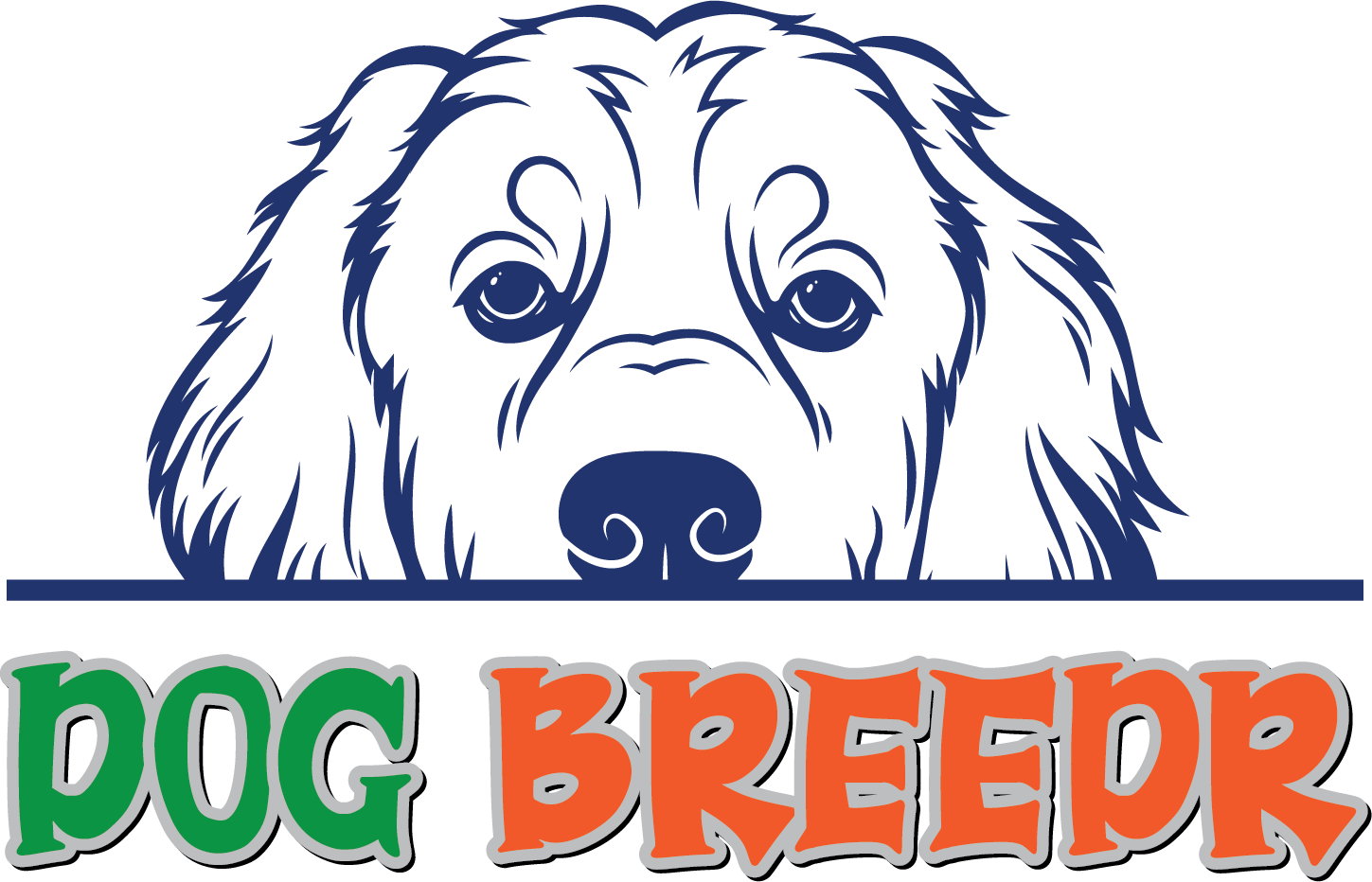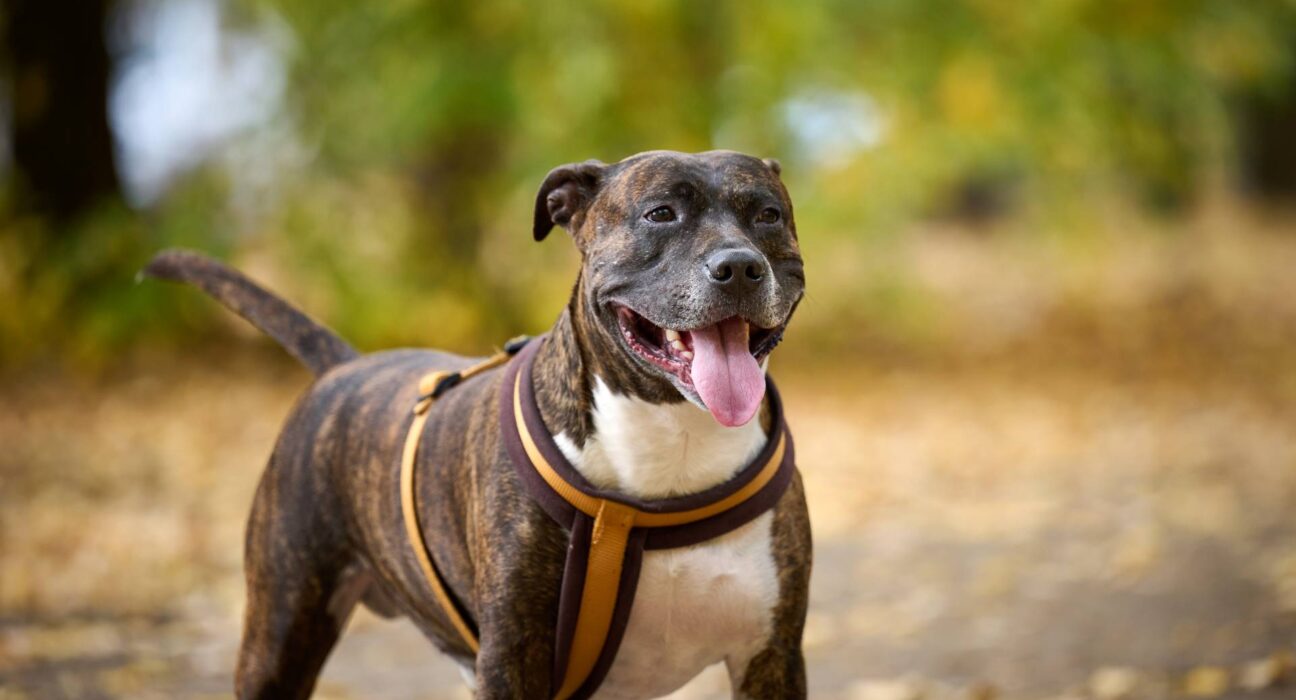Aggressive dog breeds have a reputation for being unpredictable and dangerous. But, while it is true that some breeds are more prone to aggressive behavior than others, all dogs can be trained and socialized to become reliable family pets.
With the proper training and care, many breeds which are considered “aggressive” could make wonderful companions.
We will discuss some of the most commonly identified aggressive dog breeds and what owners should know to help ensure their pet’s safety and happiness.
Aggressive Dog Breeds
These are some of the most frequently cited aggressive dog breeds, though it’s important to note that no breed is inherently dangerous.
German shepherd
One of the most popular aggressive dog breeds is the German shepherd. Known for their loyalty and bravery, these dogs make excellent protectors and can be trained to perform search and rescue operations as well as police work.
Despite their strength, they love family pets that need plenty of exercises, obedience training, and socialization to prevent them from becoming overly aggressive or protective.
They have an average life expectancy of 9-13 years if given proper care. German Shepherds require a confident owner with strong leadership skills in order to manage their natural herding instinct and assertiveness.
When properly trained and socialized, these intelligent dogs can make loyal companions that will gladly protect you and your loved ones.
Additionally, German Shepherds are one of the most common breeds found in shelters and rescue centers.
These pups usually come from loving homes, but unfortunate circumstances lead to them being abandoned or surrendered.
It’s important to keep in mind that any dog can become aggressive under certain circumstances, so it is essential for potential owners to research their breed of choice thoroughly before adoption.
With proper training, German Shepherds can make wonderful additions to families and serve as loyal guardians.
Overall, if you are looking for an assertive guardian with a heart of gold, then consider adopting a German shepherd.
Just be sure that you have enough time and resources devoted to training and socializing them properly so they can reach their full potential as a loving family member.
Rottweiler
Known for its loyalty and strength, the Rottweiler is often referred to as a “gentle giant,” but it can also be aggressive if not properly trained.
These dogs reach an average height of 24-27 inches and weigh between 80 – 135 pounds. They’re an intelligent breed that requires proper socialization and ongoing obedience training.
If you’re looking for a guard dog, the Rottweiler is one of your best options, its protective instinct combined with its size makes it well-suited to protect against any intruders.
However, aggression towards strangers must be monitored closely in order to prevent it from becoming out of control.
When raised correctly, the Rottweiler can make an excellent family pet that will bond closely with its owners and look out for them.
Despite their reputation, Rottweilers are actually known to be quite gentle in nature when properly trained, provided they have an experienced owner who knows how to handle them.
With patience and consistency, a Rottweiler can learn obedience quickly and respond well to commands.
In addition, these dogs require frequent exercise and mental stimulation in order to remain healthy and happy.
When given the right amount of attention and training, the Rottweiler can make a wonderful companion that will offer years of loyalty and protection.
Overall, if you’re looking for a strong yet loyal pet, the Rottweiler should definitely be considered. However, it is important to keep their aggressiveness in mind and provide them with the appropriate training and supervision. With a good owner, the Rottweiler can be an amazing addition to any family.
Dobermann
This breed was originally bred in Germany for the purpose of being a guard dog and for personal protection. They are powerful, fearless, alert, loyal, and obedient dogs.
Dobermanns require early socialization and consistent training to be balanced family companions. They can become overly protective if not trained properly.
If raised with children from puppyhood, they can make good family pets, but owners should always supervise them when around young children or other animals due to their natural protective instincts.
Dobermanns tend to have a high prey drive, so smaller pets may not be safe in their presence. Owners must provide firm leadership when training this breed; it is important that they understand who is alpha in the home.
Prospective owners should also ensure they have enough time to dedicate to their pets and keep them mentally stimulated.
All in all, the Dobermann is a loyal, protective breed that can make a great companion for an experienced dog owner.
American Pit Bull Terrier
This breed is seen as one of the most aggressive and dangerous dogs. It was originally bred to participate in activities like bull-baiting, where a dog would battle against a bull or bear for the entertainment of spectators.
Pit Bulls are strong and muscular with a powerful bite force making them ideal combatants in such contests.
They also have a reputation for being humanely aggressive when not properly socialized or trained, though this is more likely to be an issue with poorly bred specimens than healthy ones.
Responsible owners can help reduce aggression by providing adequate socialization and training from puppyhood onward.
However, owners should also exercise caution when deciding whether to bring an American Pit Bull Terrier into their home due to the potential for aggression inherent in this breed.
It is important to note that the American Pit Bull Terrier is not considered a breed, but rather a type of dog, so while they may have common characteristics, there are still differences between individual specimens.
As with any other breed, it is best to research thoroughly before bringing an American Pit Bull Terrier into one’s home.
Conclusion
All in all, it is essential to remember that aggression can be avoided if a dog is provided with proper socialization and training.
While certain breeds may have the inclination to display aggressive behavior more than others, any dog of any breed can learn the proper way to behave if given the right guidance.
It is important for prospective owners to thoroughly research the characteristics of a potential pet before making any decisions.
With patience, consistency, and firm leadership, even so-called “aggressive” breeds like German shepherds, Rottweiler’s, Doberman’s, and American Pit Bull Terriers can make wonderful companions.

